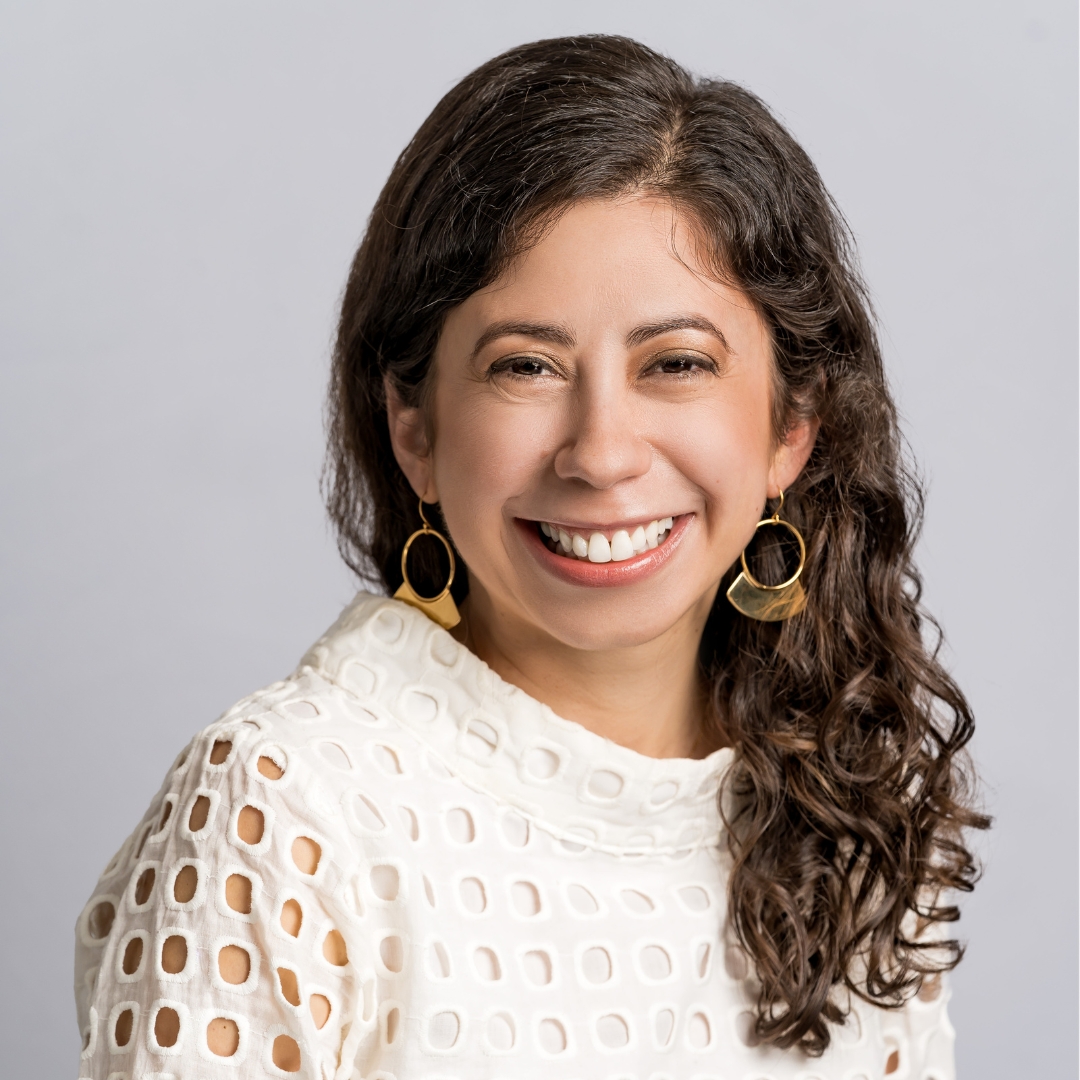Despite mountains of evidence which show that childhood immunizations are among the most cost-effective investments one can make to improve health care for kids, 11 million children in the U.S. have no health coverage for childhood immunizations and may go without protection from a range of preventable and costly illnesses. Last week, the U.S. Department of Health and Human Services took action to address this problem by awarding more than $42 million to support a variety of efforts to improve immunization information technologies, including expanding the capacity of schools to vaccinate students and evaluating the impact on disease of recent vaccine recommendations for children and adolescents. Plus, new health plans will be required, at no additional cost to the patient, to cover standard vaccinations recommended by the Advisory Committee on Immunization Practices for both children and adults.
According to the Center for Disease Control and Prevention’s (CDC) National Immunization Survey released last Thursday, more young children are getting immunized for preventable diseases such as measles, mumps, rubella, and hepatitis A. However, children living below the poverty rate had lower rates of vaccination for some diseases. This is because many private insurance companies still refuse to cover some childhood vaccinations and parents are forced to pay for them out of pocket, leaving scores of children unvaccinated due to cost. Even if a child has access to free shots, proper records of these shots are often not kept and children are vulnerable double immunizations.
The CDC stresses the importance of childhood vaccinations in maintaining a child’s health. Often children are not strong enough to fight these diseases, and although newborn babies are immune to some diseases, this immunity lasts a year at most and does not cover all vaccine preventable diseases. Childhood immunizations also protect the public at large, including babies who are too young to be vaccinated or other vulnerable populations who cannot be vaccinated for medical reasons.
This round of funds is part of a larger $137 million awarded in grants by HHS under the Affordable Care Act to boost prevention and improve public health. These monies also will be used to: improve tobacco cessation services, strengthen public health laboratory services, prevent healthcare-associated infections, and provide comprehensive substance abuse prevention and treatment. Grants were awarded to every state, and will fund state and local public health programs run through the CDC as well as the HHS Substance Abuse and Mental Health Services Administration.
Every child in America deserves not only to have access to vaccinations, but also to have streamlined health coverage that allows for continuity of care. Requiring coverage for childhood immunization is not only the right policy, it is the right thing to do. Childhood vaccines help kids stay healthy. They are cheaper than treating illnesses and therefore decrease healthcare costs in the long run while improving child health quality and outcomes. We applaud the Administration for their sustained march to fully implement the Affordable Care Act and we welcome this latest investment in our nation’s most precious resource, our children.
